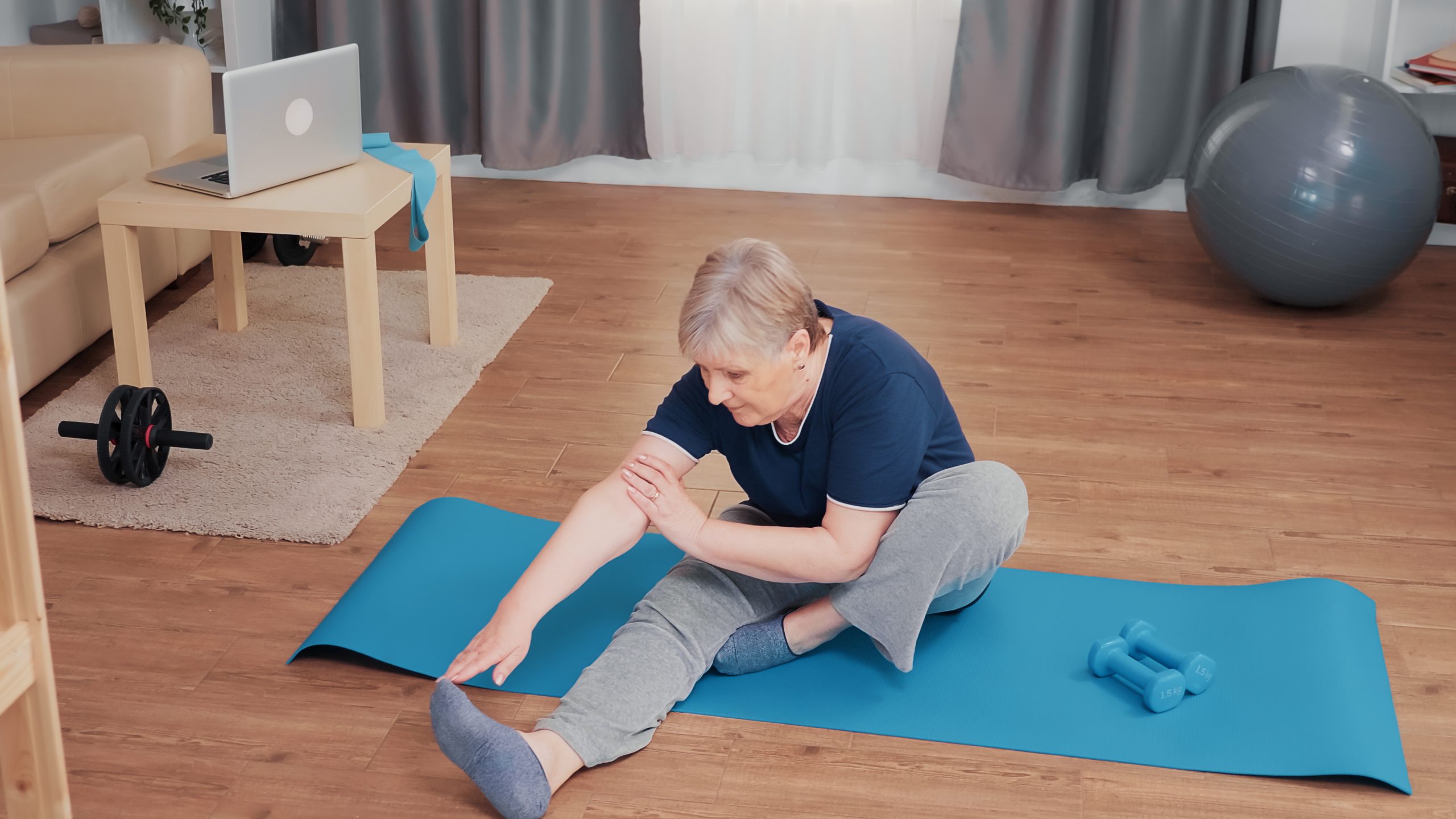Millions of people deal with issues such as calcium oxalate stones, or other types of kidney stones. Kidney stones, also known as crystals or calculus in the kidneys, can be extremely painful and potentially dangerous. People look for many ways for kidney stone relief. You can take various medications and home remedies as well as kidney supplements. You can make dietary changes, such as avoiding high oxalate foods. For extreme cases, you may even need surgery. Exercise can be another way to help you manage kidney stones and prevent them from returning.

Can I Exercise With Kidney Stones?
You may be wondering how to pass kidney stones with exercise. Well, it’s advisable by doctors to exercise when you have kidney stones. Your doctor can also advise you on whether it’s safe to exercise. In the majority of cases, light to moderate exercise can be beneficial and can even help kidney stones to pass more quickly.
Recent research indicates that even light exercise can result in a 31% decrease in kidney stone development. It’s also true that risk factors for kidney stones include obesity and a sedentary lifestyle, which exercise can remedy. At the same time, when you have kidney stones, you don’t want to start exercising too vigorously.
The Best Exercises to Pass Kidney Stones
The best type of exercise for you depends on your condition, level of fitness and personal preferences. The following are some suggestions for exercises that may be helpful if you have kidney stones.
- Walking —The oldest and simplest exercise of all can be tailored to your needs. You can walk anywhere and at your own pace. Use a pedometer or phone app to count your steps.
- Light Cardio —Cardio includes many activities such as jogging, walking, biking, exercise bikes, elliptical machines and free form exercises.
- Yoga, Tai Chi and Qi Gong —These are all gentle forms of exercise that are good for toning the body and keeping you active. Both yoga and qi gong have exercises to target specific organs. For example, there are certain yoga asanas that are good for the kidneys. On the other hand, more intense forms of yoga such as ashtanga might be too strenuous if you have kidney stones.
- Moderate strength training — Heavy lifting can put undue strain on the kidneys. However, lifting light weights or kettlebells, using resistance bands or working out on strength training machines at the gym are all possibilities.
- Sports and other fun activities —You don’t need a gym or exercise machine to work out. You can engage in your favourite sports and active pastimes, whether it’s tennis, dancing, hiking, swimming, martial arts, ultimate frisbee or anything else. Physical activities such as gardening and working on DIY projects also qualify.
Kidney Stones Exercise Tips
The following are guidelines to keep in mind when exercising to manage kidney stones.
- Ask your doctor what kind of exercise is appropriate. If you have large stones, you may need to rest until the stones pass or you undergo a surgical procedure.
- Don’t think about passing kidney stones when you’re working out. While exercising can help, there’s no one type of movement guaranteed to help you pass stones. Think of staying active and improving your fitness as long term goals and, if small enough, there is a good chance the stones will eventually pass.
- Drink plenty of water. This is always important when exercising and even more so when you have kidney stones. Staying hydrated helps stones pass more easily.
- Don’t overdo it. For kidney exercise, it’s best to avoid high intensity workouts or lifting heavy weights. If you haven’t exercised recently, start slowly. If you feel pain or exhaustion, stop. Report any symptoms to your doctor.
There are no strict rules for exercising with kidney stones that apply to everyone. You have to consider your own condition and pay attention to how you’re feeling. It is always better to be cautious and gradually increase your exercise program. Exercise on a regular basis can be a useful tool in your quest for kidney stone relief.
